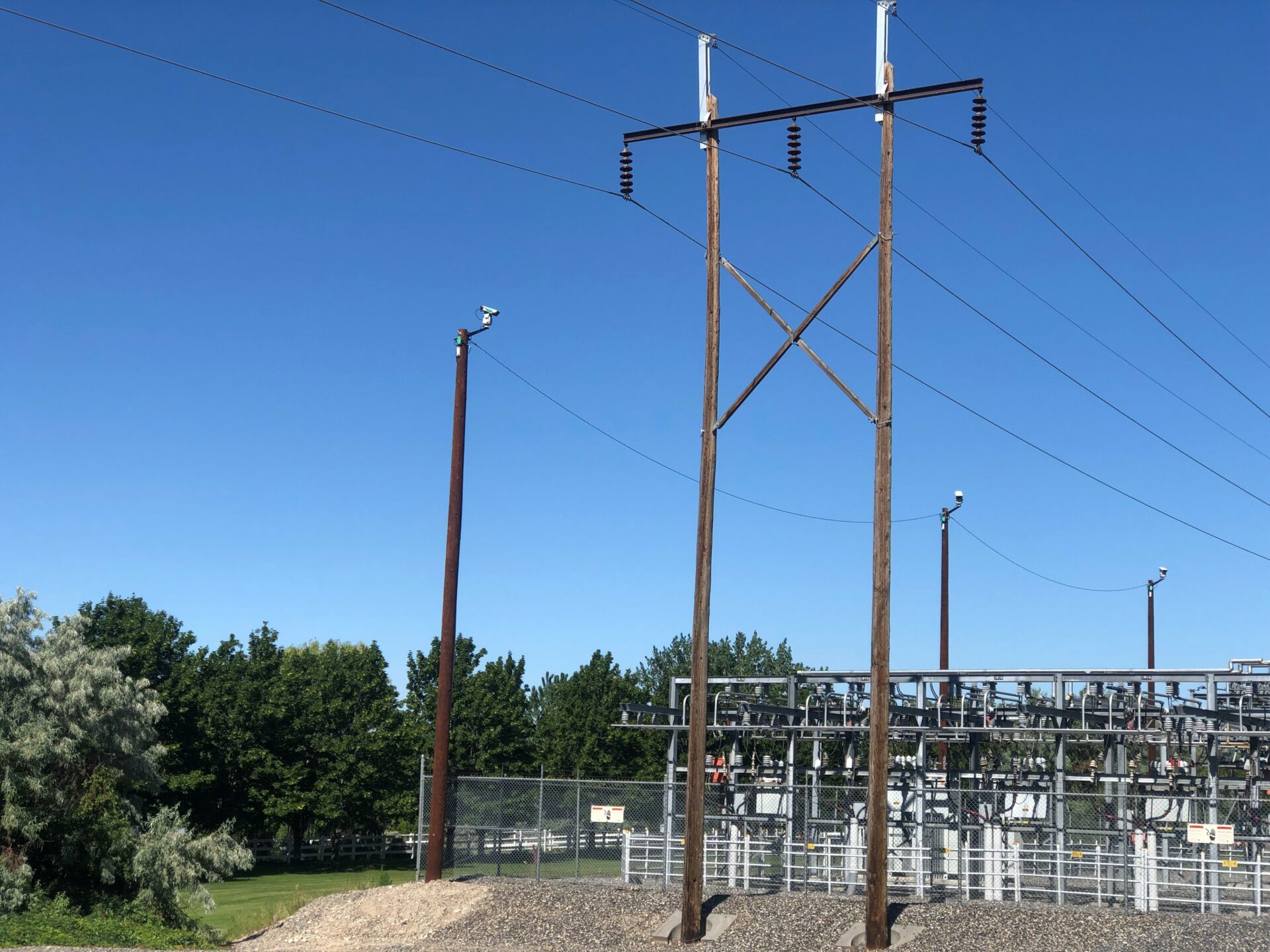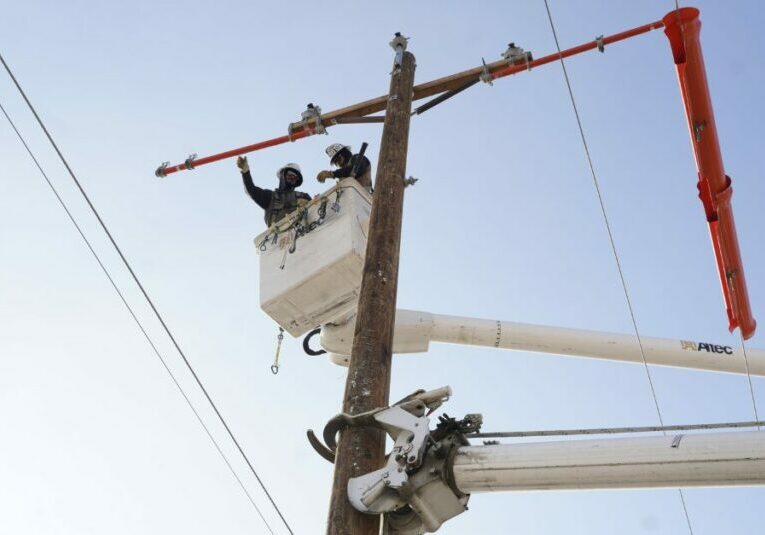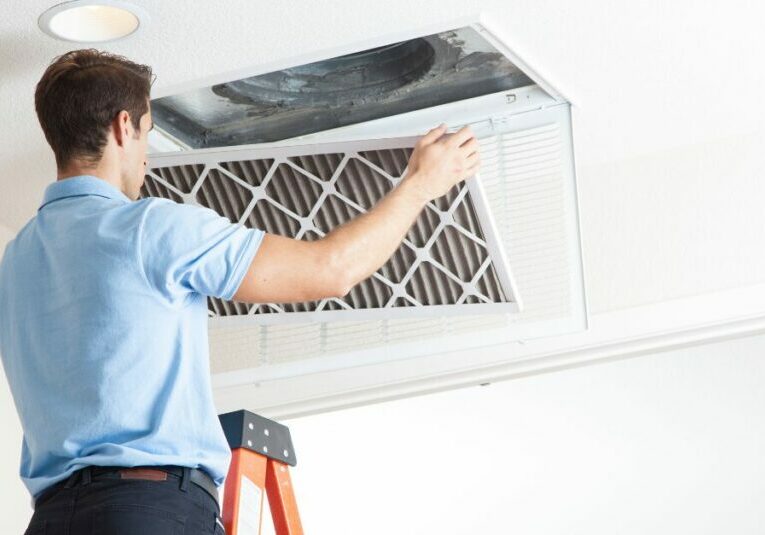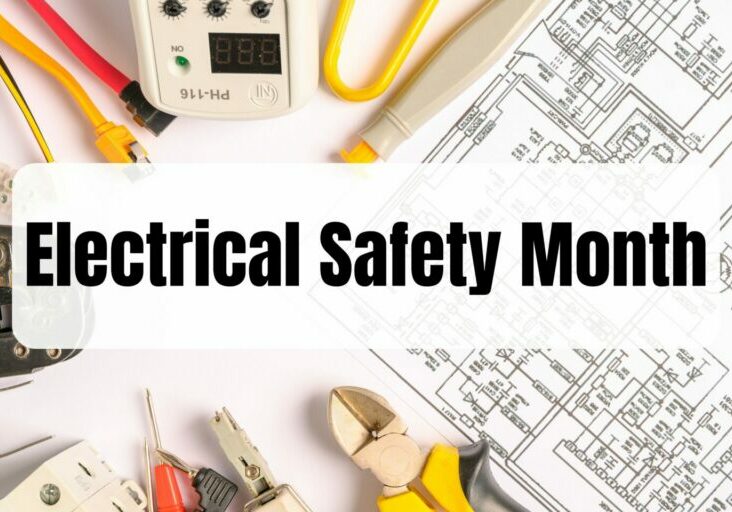Lasers Protect Birds and Prevent Large Electric Outages

Why do you live where you live? Is it close to where you earn your income that feeds your family? Is it a structurally sound building in a safe neighborhood?
These are the same reasons birds choose to nest inside electric substations. The steel beams and small hiding spots within electric substations offer sanctuary to small birds—such as blackbirds, crows, doves, magpies and ravens—from their predators: eagles and osprey. But birds can neither see electricity nor know that it makes substations a dangerous home.
In June, Benton REA installed a bird laser defense system at Ledbeder Substation in West Richland to protect native birds and prevent electrical outages caused by nesting on electrical equipment. This is the fourth Benton REA substation to house lasers in the West Richland and Plymouth areas. Lasers soon will be installed at substations in Prosser and Sunnyside.
“The lasers make our equipment a less desirable place for birds to perch,” says Joel Mietzner, system engineer for Benton REA.
The lasers sweep across specific areas of the substation, preventing birds from nesting there.
“They act like a big stick or a broom,” Joel says. “The birds see the lasers coming and get out of the way.”
Because the laser beam is always moving, it does not harm birds or disrupt their migratory and feeding patterns. Birds are safe to perch on the substation—if they don’t make contact with the ground and electrified equipment—but will not nest in a laser’s path. Birds perceive the laser beam to be a physical danger, even though it is not.
“We’ve tried every bird deterrent— spinners, diverters, screeching sounds, pneumatic cannons, bird pheromones— they didn’t work,” Joel says. “But we’ve had 99% success in the areas where the lasers cover.”
Prior to installing lasers at the Kennedy Substation in 2020, birds caused an average of three large outages a year. In 2021 and 2022 there have been zero substation outages caused by birds.
The lasers save Benton REA thousands of dollars each month. To prevent outages and prolong the life of equipment, co-op employees previously needed to remove nests and clean off bird droppings twice a week. Now, with fewer birds nesting in substations, the co-op has reduced cleaning to twice a month.
The lasers will operate during daylight when birds typically nest. This is approximately 4 a.m. to 11 p.m. during the summer and 7 a.m. to 4 p.m. in winter.
Members who live near the Kennedy, Ledbeder, Plymouth and Ruppert substations may see green lights from the lasers but should not be alarmed. The laser beams stay inside the substation.
If you have questions about Benton REA’s animal and bird defense systems or outage prevention, contact Joel Mietzner at 509-786-8258.
Recent Posts

Five Ways to Safeguard Your Home This Winter

Winter Weather May Impact Electric Bills

Cybersecurity Tips For a Safer Digital World

Electric Co-ops Grow for the Communities They Serve

Go Above and Beyond for a Safe Harvest

The Vital Role of the Lower Snake River Dams

5 Tips to Beat the Summer Heat

What You Need to Know About Furnace Filters

May is Electrical Safety Month




